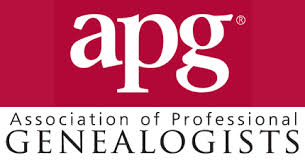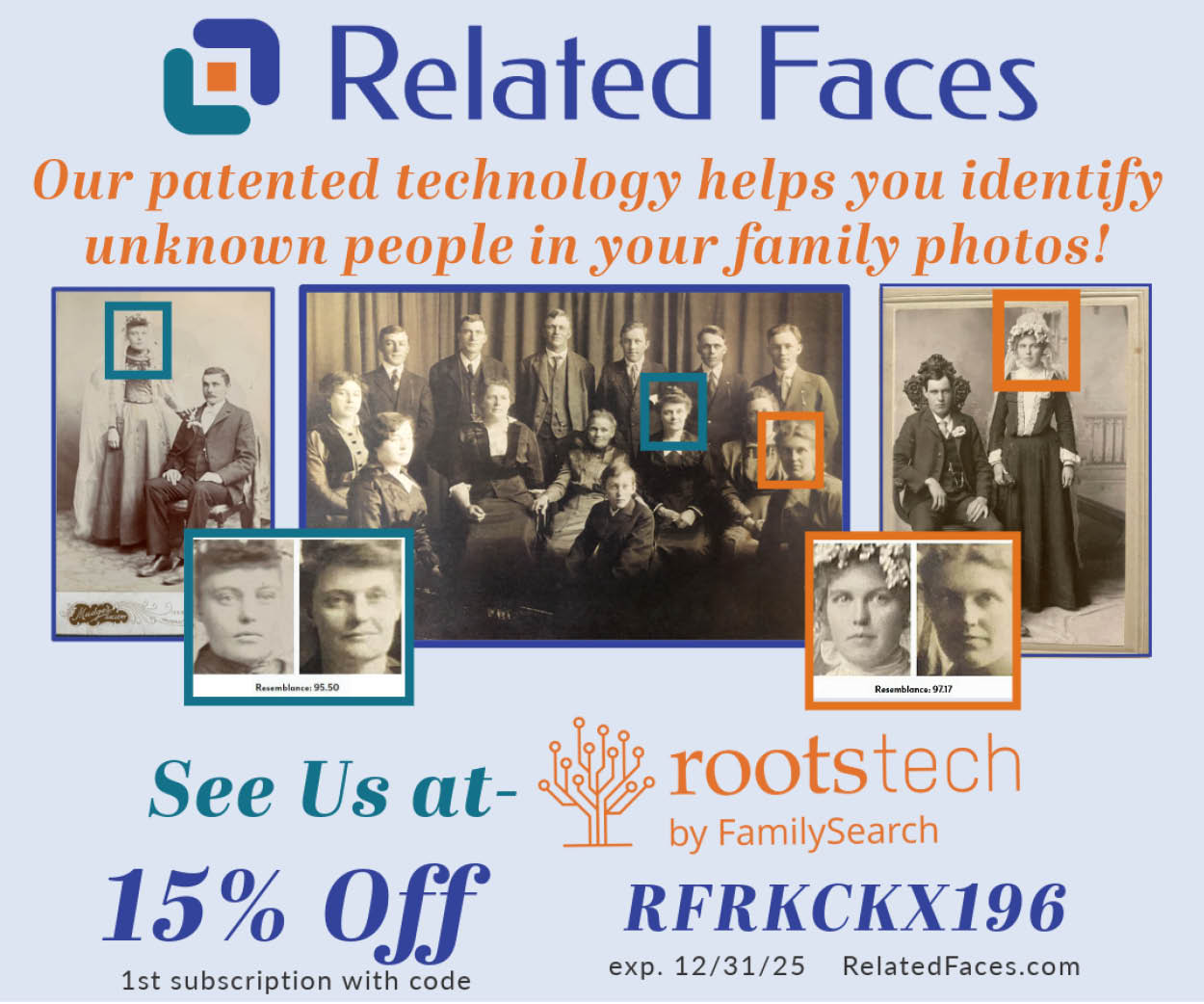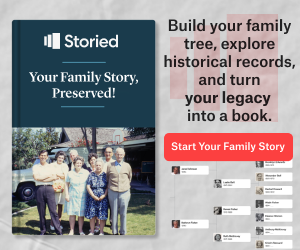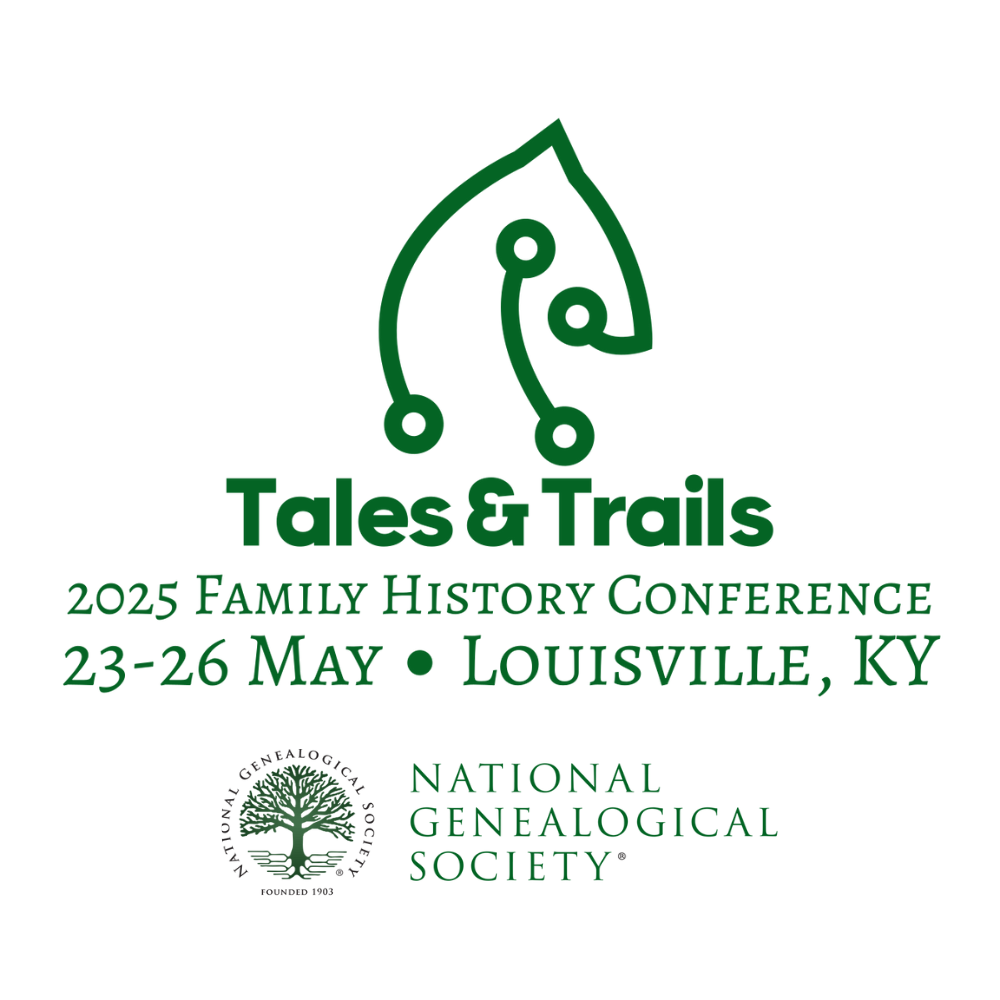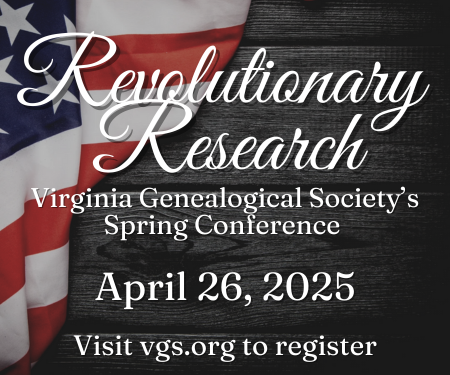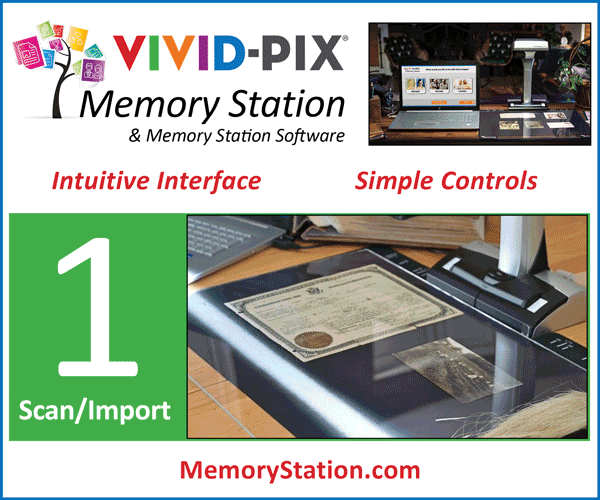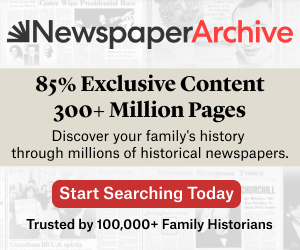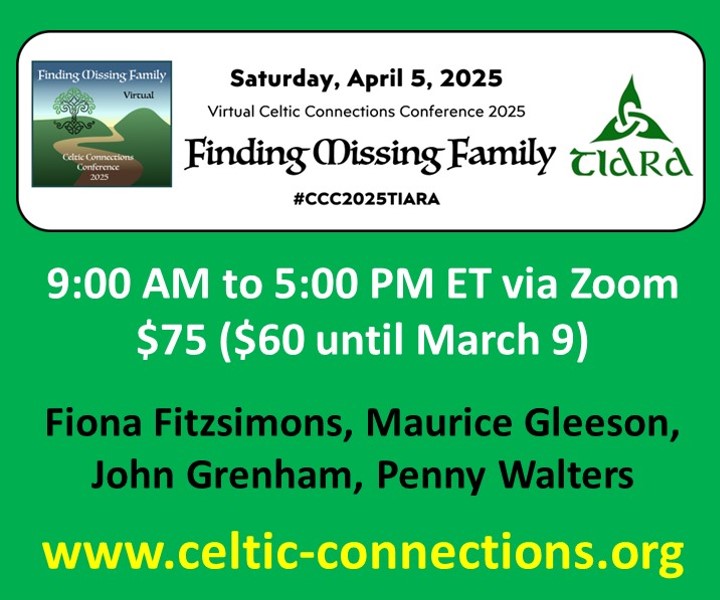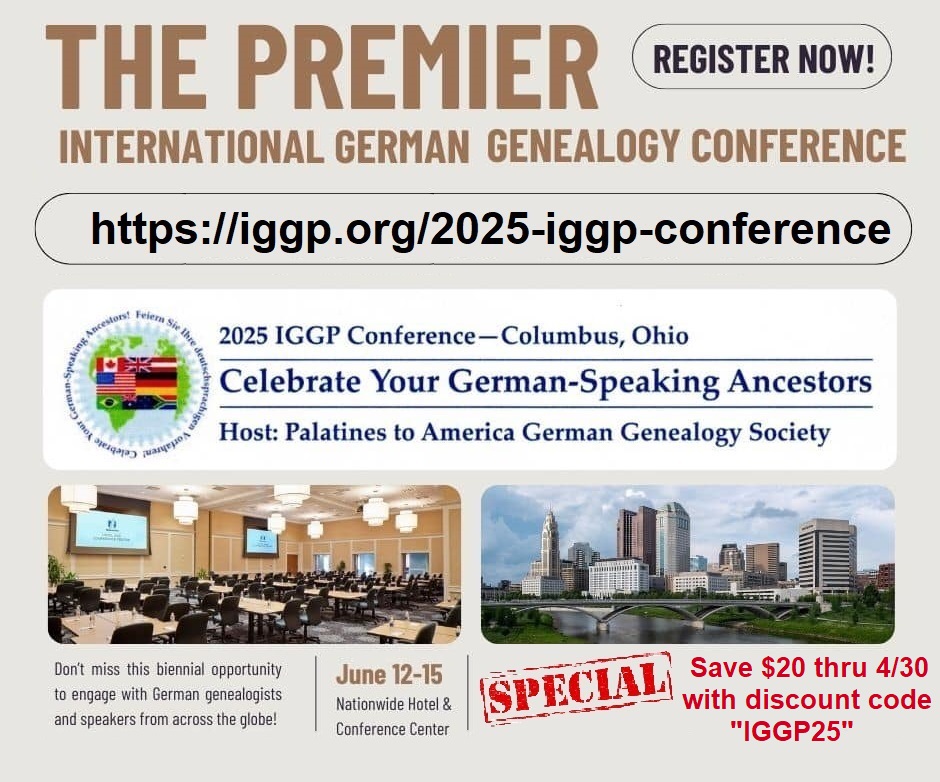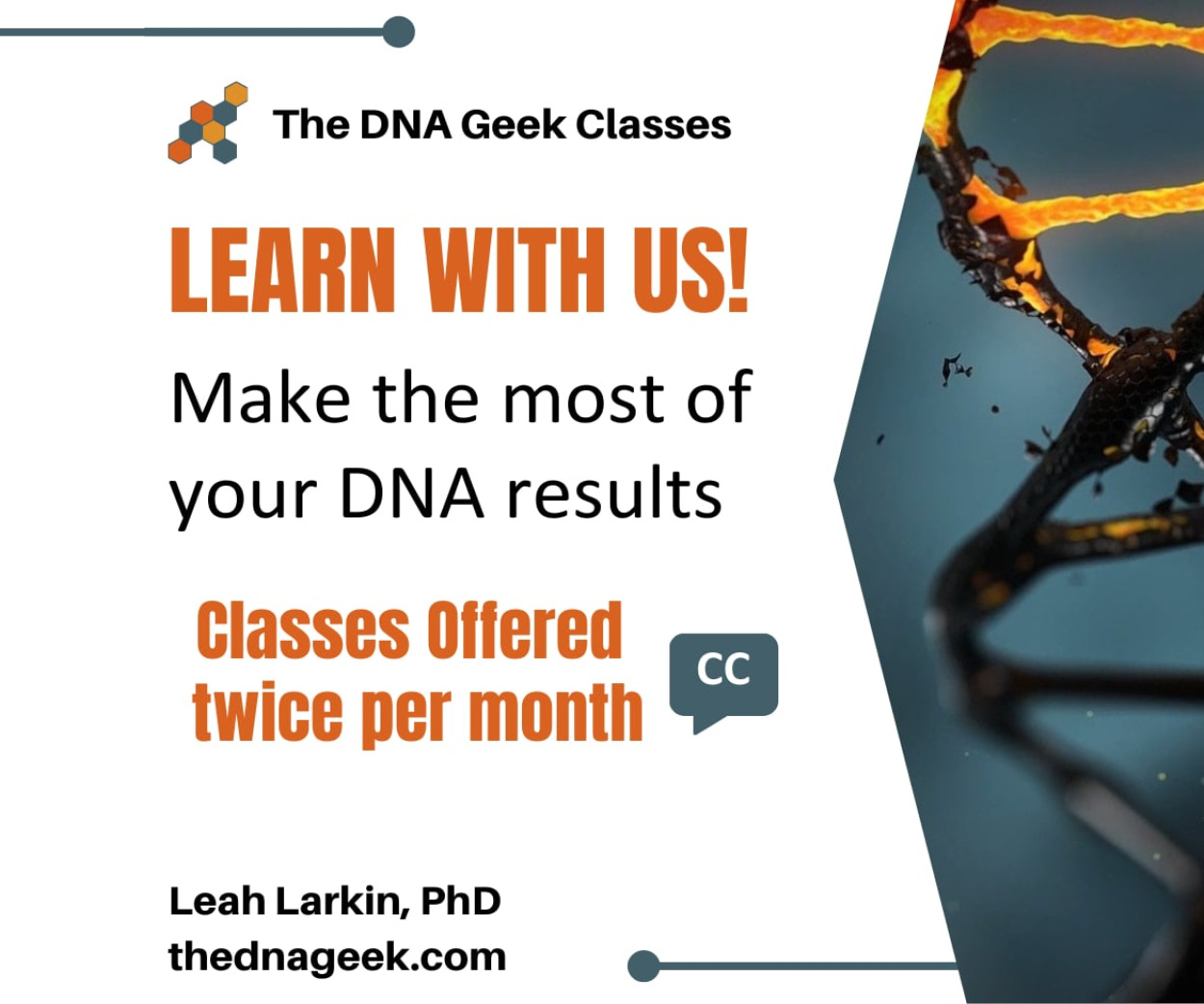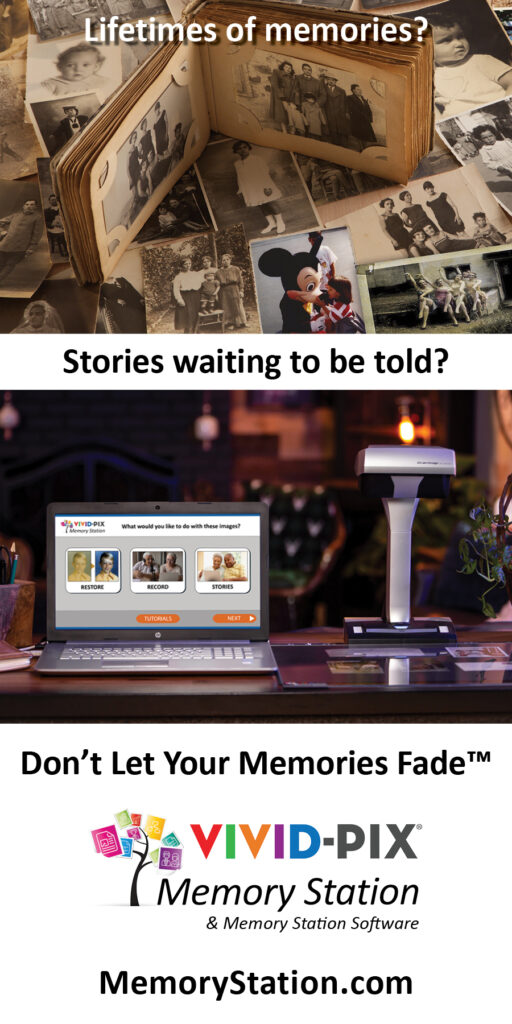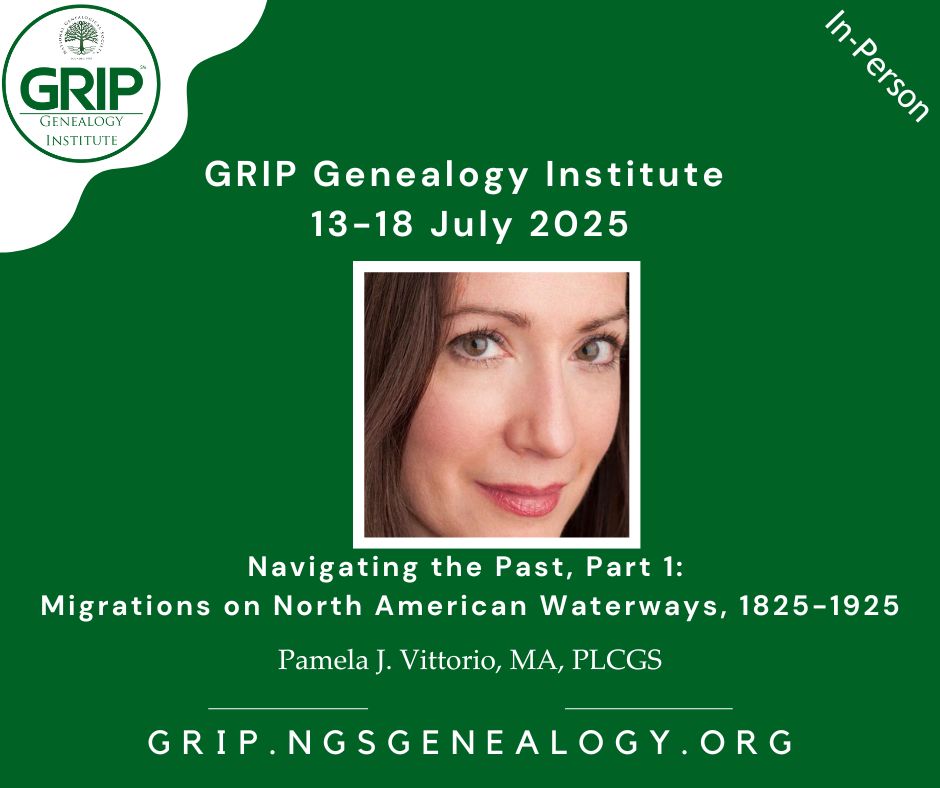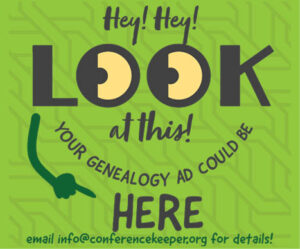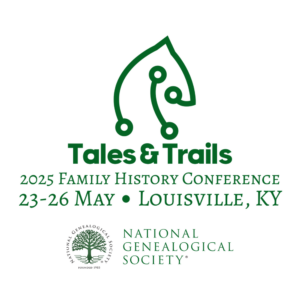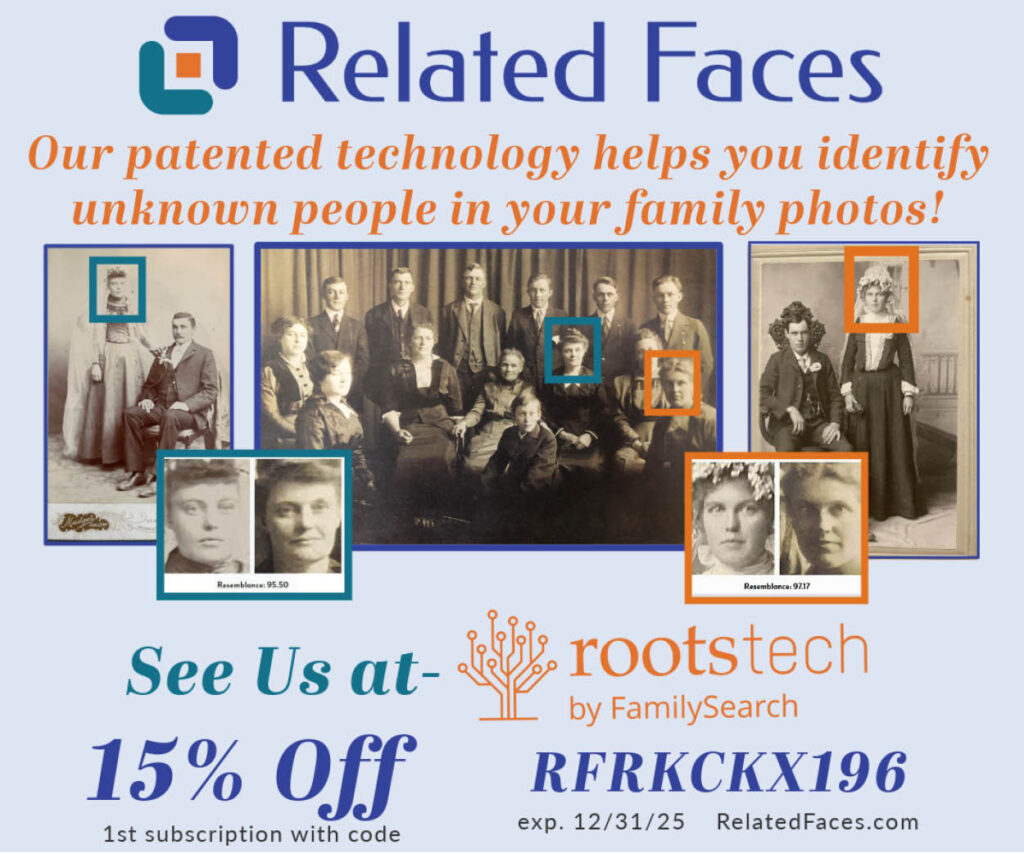From the Association of Professional Genealogists:
Call for APG 2017 PMC Presentations – Deadline 23 December 2016
The Association of Professional Genealogists will hold the 19th annual APG Professional Management Conference on Friday, Saturday, and Sunday, 29 September – 1 October 2017, at the DoubleTree by Hilton Washington, D.C. – Crystal City in Arlington, Virginia.
CALL FOR PRESENTATIONS
APG is now accepting proposals for the following categories of presentations for the 2017 APG Professional Management Conference:
– Classes presented by an individual or panel—one hour in length
– Workshops—two hours in length
– Discussion groups led by one or more individuals
– Poster sessions – informal discussions of a topic during networking time, posters to remain accessible to attendees at other times
PMC presentations should challenge professional genealogists to increase their genealogical research skills, evaluate and improve their current businesses, and meet the demands of the 21st Century client. Prospective speakers are encouraged to consider creative ways to educate and inspire professional genealogists.
TOPICS OF INTEREST
Topics of interest include, but are not limited to:
– Advanced genealogical research skills or methodology (for example, little-known or little-used records, truly complex case studies demonstrating advanced methods)
– Technology (for example, hardware and software to assist in research, writing, lecturing, and business management; platforms for podcasting or doing one’s own webinars or instructional videos; website development; genealogy’s technological future; hands-on workshops are particularly of interest)
– DNA (for example, becoming a genetic genealogist, understanding DNA results, how to educate clients about DNA, when is DNA useful for a client project and when isn’t it)
– Business skills (for example, business organization and management, business plans and goal setting, collaborating with other genealogists on a client project)
– Marketing and branding strategies (for example, marketing with social media, how to establish a brand for one’s business, creative marketing strategies that have worked, discussion session in which the group reviews/critiques websites)
– Speaker or lecturer training (for example, writing effective speaker proposals, effective use of visuals, crafting a dynamite presentation, overcoming fear of public speaking)
– Genealogical writing and publishing (for example, report writing, editing one’s own work, writing articles for different publications, self-publishing platforms)
– Client relationships and communication (for example, managing client expectations, communicating unexpected or unwelcome findings, explaining complex research)
– Certification and Accreditation (for example, meeting the GPS, strategies for success, educational preparation)
– Organization and time management (for example, how to organize one’s office for efficiency, how to manage client projects, how to manage speaking engagements, planning efficient use of time)
– Career paths for professional genealogists (for example, forensic genealogy, house histories, dual citizenship, conference planning, producing videos for clients, lineage society work, providing archiving services)
– Success stories that inspire (for example, solving a difficult research case, breaking into a new line of genealogical work, taking a risk and how it worked out)
– Washington, D.C. (for example, orientation to the city for first-time visitors, orientation to using a D.C. repository)
Successful proposals will offer innovative, unique, and out-of-the-box approaches to topics and to presentation and teaching methods. Presentations that feature case studies and practical examples, or that offer hands-on learning or discussion, are encouraged as they offer powerful learning opportunities for attendees.
ATTENDEE DEMOGRAPHICS FROM THE 2016 PMC
Half of attendees have been professional genealogists for five years or more and 56% hold a master’s or doctoral degree. 57% are lecturers themselves, and 37% are genealogical authors and writers. Almost all attendees (83%) offer genealogical research services for clients, and many hold or have held leadership positions in local, state, and national genealogical societies.
Successful proposals will recognize the knowledge, professionalism, and accomplishments of attendees and will seek to take their skills to the next level.
SUBMISSION DETAILS
Presentations must be new and original. They should not have been presented prior to the 2017 PMC other than at the local level. Individuals who submit multiple proposals will be considered for multiple presentations. Proposals from non-APG members will also be considered.
Submit proposals via email to admin@apgen.org in PDF format. Proposals are due by Friday, 23 December 2016.
Proposals must include the following:
– Name, address, phone number, and email address of the presenter(s)
– Title of the presentation and category (from the list above)
– Summary of the presentation (not to exceed 100 words)
– Detailed description of the presentation (not to exceed 1,000 words)
– Explanation of how the presentation meets demands faced by professional genealogists (50–75 words)
– Presenter biography highlighting qualifications and expertise in the proposed topic (75–100 words)
– Presenter experience: list of presentations given in the last 18 months, including topic, audience, and location
– Indicate whether or not you are willing to have your presentation recorded and broadcast for the virtual PMC (Granting permission does not guarantee your presentation will be recorded or broadcast.)
– Submit one PDF file per proposal. Name the file with your surname and the presentation title, for example SMITH Running a Genealogical Business.
Presenter Compensation
Presenters giving lectures or workshops will receive:
– Complimentary PMC registration and digital syllabus
– Lunch for the day of the presentation
– Reimbursement for flight or mileage at the current government rate up to $700
– All-inclusive honorarium per presentation:
$400 for a one-hour presentation by an individual or panel
$650 for a two-hour workshop
$550 for a one-hour keynote presentation
Presenters leading discussion groups will receive
$50 for a one-hour discussion group led by one or more individuals
Presenters providing poster sessions will receive complimentary PMC registration for a poster session
All one-hour presentation proposals will be considered for keynote spots.
Royalty payments for syllabus sales and recording of the live-streamed session following the conclusion of the PMC will be detailed in the speaker contract.
APG does not pay separate hotel costs.
Annette Lyttle
2017 PMC Coordinator

